Plant Judo is your one-stop online shop for all things related to plants and herbs. Whether you’re a gardener, an interior designer, or a plant enthusiast, there’s something for everyone here!
When it comes to owning plants, it’s important to have all the resources you need to maintain the health of your plants. If you’re a new plant mom or plant dad, our blog will give you tons of information on how to take good care of the new addition to your home.
If you’re looking to start your own gardening journey, then you can shop Plant Judo and have access to our wide range of offerings.

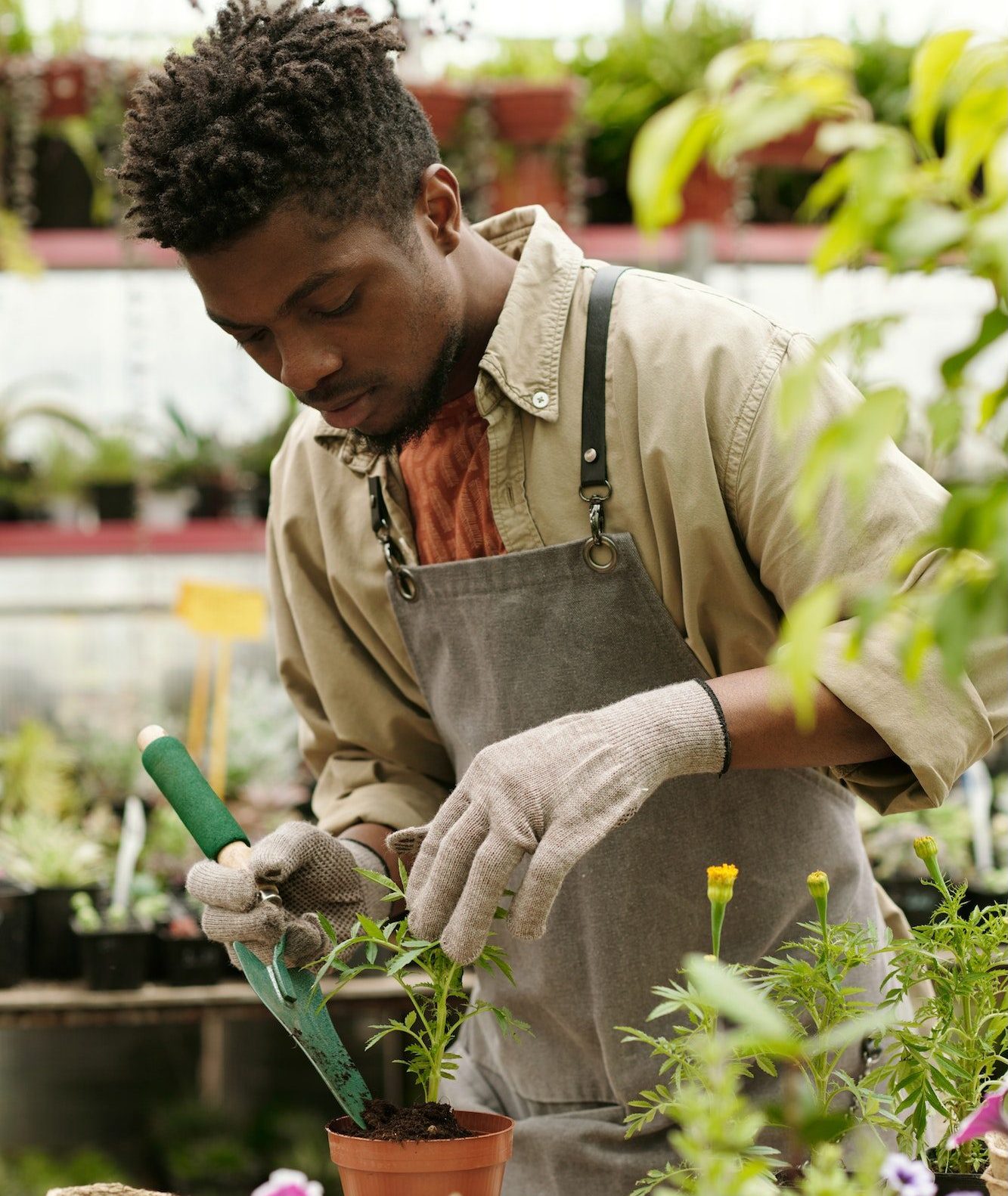
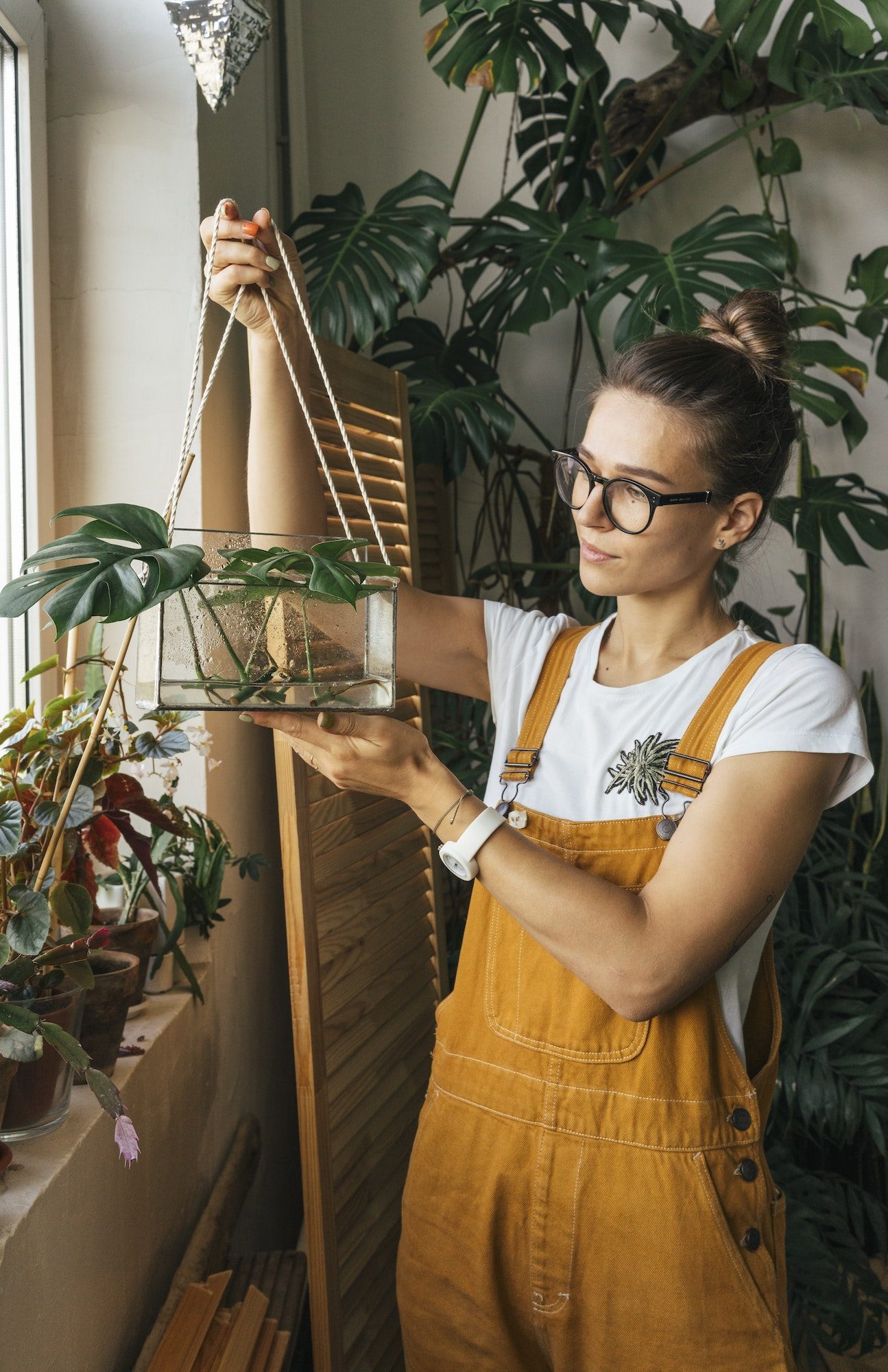
First and foremost, always check that the water level in the pot is appropriate and does not dip below the plant’s base. Your plant will benefit from this by staying safe and healthy.
Second, providing your plants with enough light and humidity is crucial.
Lastly, move your plants to prevent them from being overly agitated and uncomfortable.
Keeping most aquatic plants inside a closed aquarium can be entirely acceptable, especially if they grow slowly or not, like Swords, Java Ferns, and other similar species.
Most species of aquatic plants bought as aquarium plants or even planted by enthusiasts at home do not always perish after a few years, in contrast to some species of aquatic plants that are accessible commercially.
Additionally, some aquarium plants can withstand drying out far better than others. These species tend to “fall into” their substrate when it is dry, resulting in considerable root damage or even death. Therefore it would be beneficial to avoid moving them around the tank too frequently.
These are just a few details people often miss or are unaware of. But don’t worry, Plant Judo is here to help.
The splendour of a beautiful pond can be seen in any setting. Additionally, aquatic plants give your pond a sophisticated touch that can make it stand out.
Plant pots have several advantages for your fish and plants, which make them hard to overstate.
Plant Judo offers a wide variety of plant pots for your aquarium and several benefits.

Fabric Plant Pots at Plant Judo stores are suitable for water and air permeability. Soil cannot flow out, but moisture can flow in.
As a result, silt that may leak from plastic pots is kept out of your water. Plant roots may penetrate the fabric without breaking it, an even more significant advantage of pond pots.
By absorbing nitrogen, roots that are submerged filter water. Without the use of costly filtration systems, they make your pond appear crystal pure.

Plant Judo offers unique pots to encourage root circling, a diseased condition in which the roots circle the pot and tangle together. Because tangled roots can't adequately circulate moisture and nutrients, it is very hazardous for plants. Root-bound plants will eventually perish if untreated.
Our plant pots designed for aquariums resolve this issue, eliminating root circling. Instead of circling when roots reach the plant pot's edge, they branch. They come together to form a compact mass that effectively distributes nutrients and accelerates growth. The aquatic plant growth in these plant pots results in larger, healthier specimens.

Poor quality plastic pots and artificial plants deteriorate and break over time. The pot's exposed, sharp edges can harm and hurt your fish.
Fishes are prone to ingesting plastic fragments. Plastics accumulate in the guts of birds, leaving little room for food. By cultivating aquatic plants in plant pots, you may prevent the injury or death of your pet fish.
Contact our experts to discuss everything you must know about selecting the right aquatic plant for your aquarium and the steps to cultivate them.
An aquarium with well-planned plants can be relaxing and enjoyable for the eyes. The lovely green plants control the aquarium’s environment by filtering dangerous substances out of the water.
At Plant Judo, we have some beautiful plant recommendations for those looking to create a planted aquarium tank.
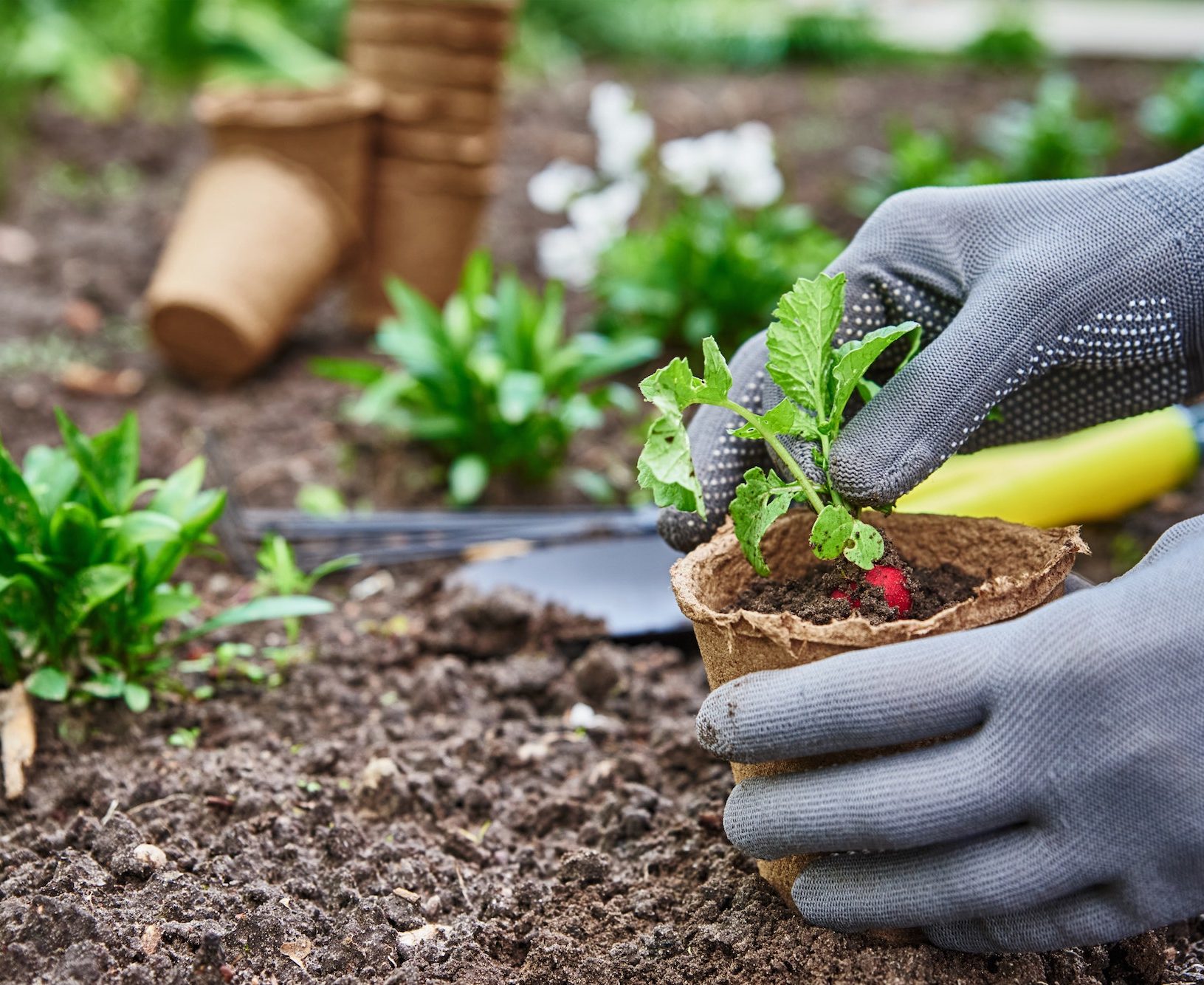
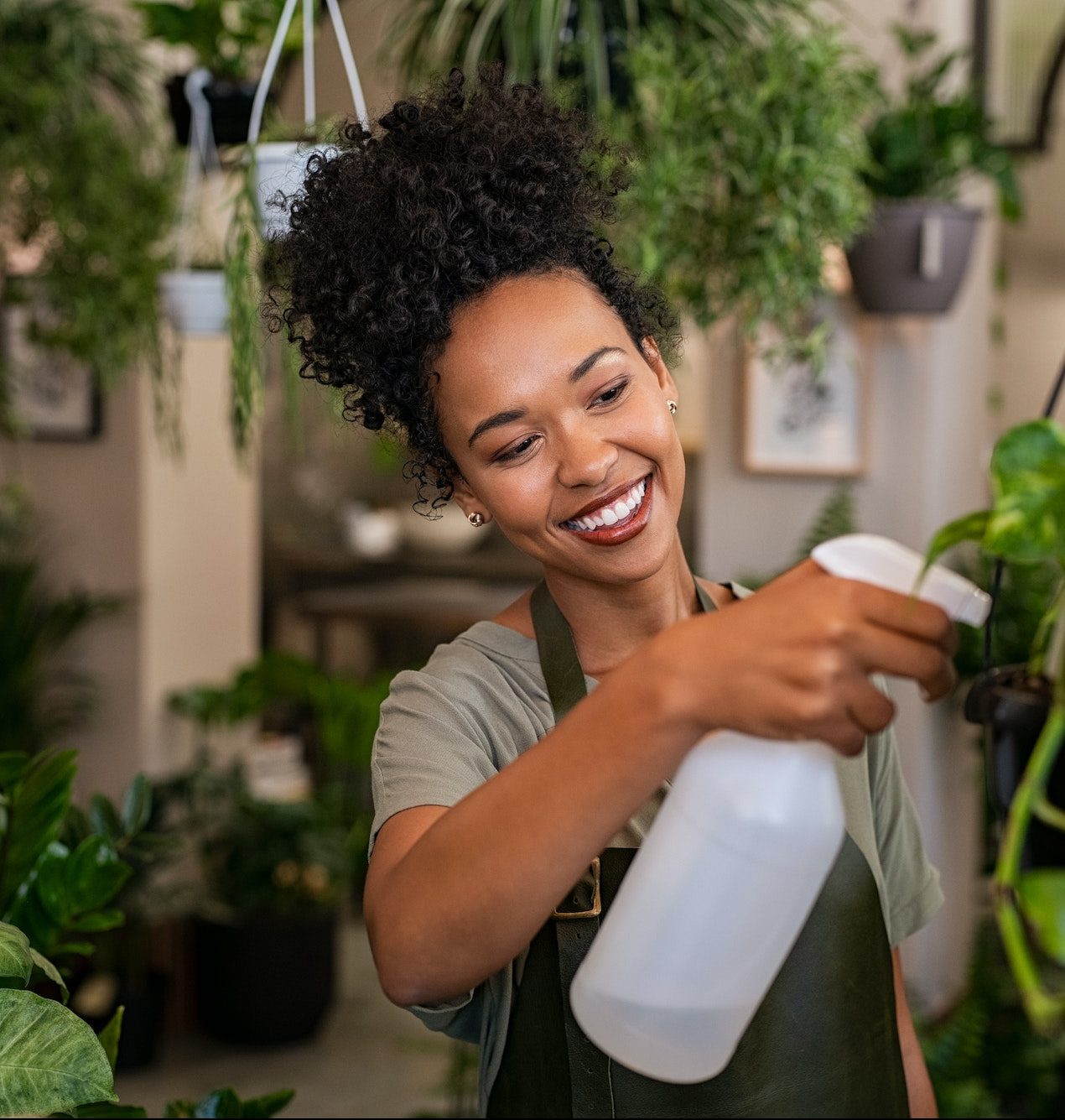
Java moss, one of the most well-liked aquarium plants, requires little maintenance and is challenging to eradicate. It can withstand temperatures between 22 and 32 degrees Celsius. In settings of medium-high lighting, the growth quickens. As java moss tends to float, it is suggested that you secure it to something to prevent any drift away.
Popular aquarium plants like Java Fern are best suited for beginners. Because of its distinctive design, it requires less upkeep and is highly well-liked by people.
Water between 22 and 25 degrees Celsius is ideal for java fern growth. Low-medium illumination is ideal for growth. It doesn’t detract from the landscape and can be placed anywhere in the aquarium.
Money plants can be put on the aquarium’s lid and left to develop roots in the water. It takes nitrates and utilises them for growth, which is advantageous for aquarium plants and fish.
The money plant will flourish with appropriate light. Moreover, according to some cultures, it is considered a Vastu plant that is thought to enhance the home’s aesthetics and bring good fortune.
Another low-maintenance, simple-to-care-for aquarium plant is Anacharis. Its thick green foliage gives the tanks a lush appearance. Although Anacharis may survive in various aquatic environments, it prefers temperatures between 22 and 25 degrees Celsius.
It thrives under moderate illumination, but if the lighting is too strong, Anacharis develops green algae hair. It can either be set down on a surface or allowed to float.
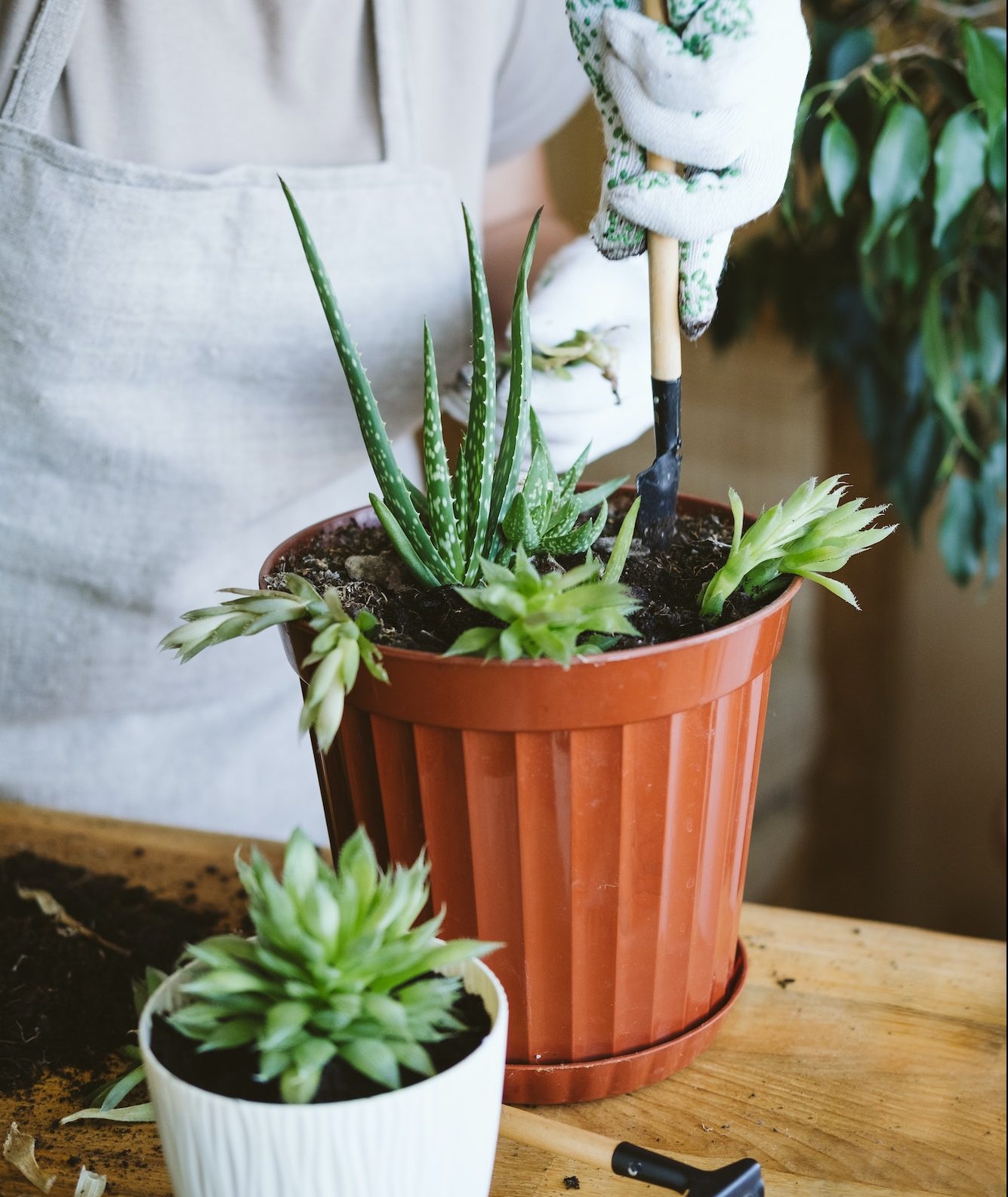
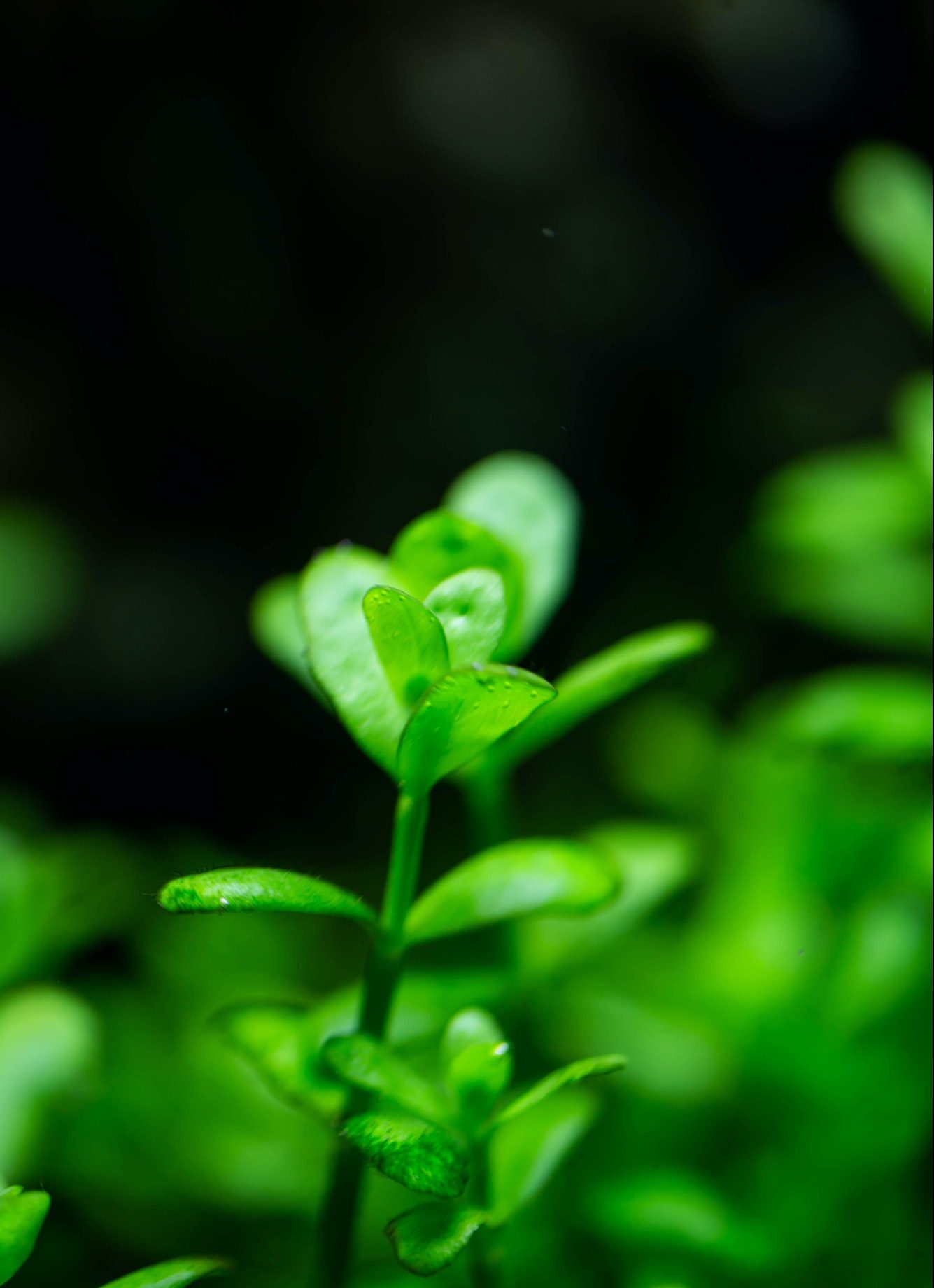
Containers made of hard plastic are prone to drifting and being eaten by your fish. That’s why you shouldn’t buy low-grade plastic or cloth plant pots for aquariums.
At Plant Judo, our plant pots adapt to the surface, supporting them and keeping them firmly planted. It stays put no matter how uneven, sloping, or flat your surface is.
Plant pots are the best option for growing aquatic plants. Try them out right now to experience the incredible results for yourself.
Visit Plant Judo today for your aquarium plant needs.

Using potted aquarium plants is less invasive than using typical aquascaping techniques.
Pots are great if you want to add some new life to an existing tank but don’t want to disassemble and renovate the entire tank because they can easily be transported from one aquarium to another!
Additionally, Plant Judo’s plant and plant pots give your tank a more natural appearance and feel, enabling you to display more fragile species of aquatic plants without worrying that they will be uprooted or destroyed.
You can plant aquarium plants in pots in a variety of ways. Before adding the aquatic plants, it is crucial to ensure that the pot’s soil and water have been modified with an appropriate planting mix.
After being installed, the aquatic plants require frequent watering and feeding to flourish.
Other intermediate techniques use a variety of aquarium plants in pots; these techniques are disorganised and untidy but can be effective in some tank configurations when space is restricted or the aquarist prefers them.
Connect with us to learn more tactics to keep your aquarium healthy.
In general, it’s acceptable to use aquarium pots made of synthetic materials like polypropylene, polystyrene, or PVC. These pots may be sterilised using boiling water and usually do not contain any hazardous chemicals.
Contact our experts if you are unsure whether a pot is safe to use or not.

Copyright © 2024 Plant Judo. All Rights Reserved
Kemp House, 152 – 160 City Road,
London, EC1V 2NX
United Kingdom